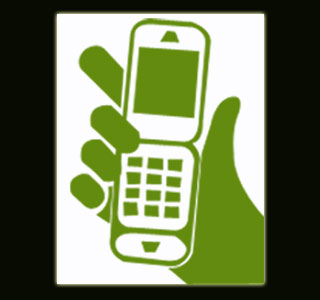
The study investigators believe that the ring of a cell phone may mainly create distraction in a classroom or if its ringtone is a known and familiar one. According to them, merely hearing a familiar ringtone may be enough to disrupt the train of one’s thought.
Shelton says that, “In any setting where people are trying to acquire knowledge and trying to retain that information in some way, a distraction that may just seem like a common annoyance to people may have a really disruptive effect on their later retention of that information.â€
Therefore in order to verify this claim, Shelton is believed to have posed as a student in a classroom full of students, where she seemingly allows a cell phone to continue ringing loudly in her bag for a period of about 30 seconds.
Following this episode, the scores of the students tested on their lecture was found to be 25 percent lesser than the amount scored when the phone wasn’t involved in the scenario. Shelton explains that, “Many of us consider a cell phone ringing in a public place to be an annoying disruption, but this study confirms that these nuisance noises also have real-life impacts. These seemingly innocuous events are not only a distraction, but they have a real influence on learning.â€
Seemingly it was also found that over a period of repeated distractions, students seemed to block out such distractions and thereby lowered their chances of related-cognitive impairment. It was even noticed that the subjects who were cautioned about potential distractions seemed to recover faster and thus experienced a lesser degree of cognitive impairment.
This study was presented in the Journal of Environmental Psychology.
